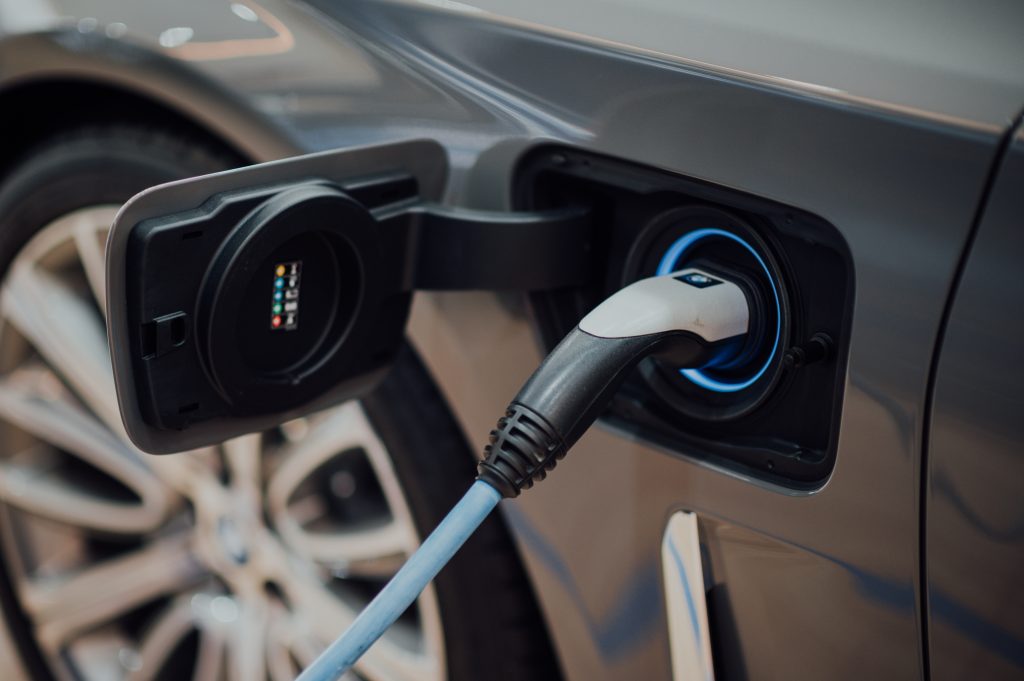
James Bowers
When Boris Johnson unveiled his ten-point plan to lead a ‘green industrial revolution’ for Great Britain, one of the most headline-grabbing statements from the announcement was that the sale of new petrol and diesel-engined cars and vans would be prohibited by the year 2030.
The UK Prime Minister revealed that this deadline was part of a £2.8 billion investment into the further development of electric vehicle technology, with much work still needing to be done to make the EV infrastructure viable for mass use.
Importantly, Johnson has promised to ‘lace the land’ with charging points for electric vehicles, something which will be much-needed if electric propulsion is to rival the ease and accessibility of fossil fuel motoring.
After all, the widespread transition from fossil fuels to electricity is not something which can be achieved overnight given the current state of the British transport network, and that sentiment is echoed by Johnson’s ruling on hybrid cars. Within his announcement, Johnson noted that hybrid vehicles – which use a mixture of fossil fuels and electricity for propulsion – would still be permitted for sale until 2035, appearing to signal a slight margin for error should fully-electric motoring still not be viable by 2030.
That said, there is reason to be optimistic about our chances of hitting that 2030 deadline, as most companies within the private sector are not starting from ground zero. Over the past decade, particularly the last few years, we have seen large strides taken by automotive manufacturers to embrace alternative energy. Now though, it is simply a case of ramping-up those efforts.
One example of this within the private sector comes from homegrown tech start-up, Britishvolt. Earlier in the year, the company announced a new partnership with Scottish battery producer AMTE Power in order to build a new automotive battery plant by 2023. This is just one example of the new ‘gigafactory’ trend, which is also being directly invested into by the UK government. Currently, regions such as South Wales, the West Midlands and the North East of England are all competing for a government-funded contract to build one of these large-scale production plants.
But whereas you may not be familiar with industrial brands like Britishvolt, one household name which is likely to resonate is that of Jaguar. The Midlands-based luxury car company has attempted to steal a march on its German rivals by leading the race towards electrification in recent years, having produced groundbreaking cars like the all-electric I-Pace SUV as well as being one of the first major brands to commit to electric motorsport.
In the next phase of their evolution as a company, Jaguar are aiming to push the boundaries even further still, by building what they call a ‘smart city’ in the Republic of Ireland. The faux city centre will include 12 kilometres of roadway, allowing the company to test innovations such as self-driving cars in realistic conditions without endangering the public. It’s not just cars that will be Jaguar’s focus either, with air traffic corridors set to be marked out for the development and testing of electric unmanned aerial vehicles (UAVs) too.
But what if pure electricity isn’t the answer after all? Well, the automotive industry has that eventuality covered too. In his aforementioned plan, Johnson made reference to the possible viability of hydrogen as a renewable fuel source of the future, and this is something which the automotive sector hasn’t been blind to either.
Toyota in particular have marked themselves out as the early authority on hydrogen vehicles, which are propelled by electricity that is derived from the chemical reaction between hydrogen and oxygen.
In recent weeks, the Japanese brand has launched the second generation of its ‘Mirai’ model, a hydrogen car which it hopes will attract a tenfold increase in sales compared to its predecessor.
Overall then, the automotive industry is simply too large and too valuable to wither away along with the death of fossil fuels. Whether it be through pure electric vehicles or hydrogen propulsion instead, the passenger car appears set to stay with society as we enter a more environmentally-friendly era.
